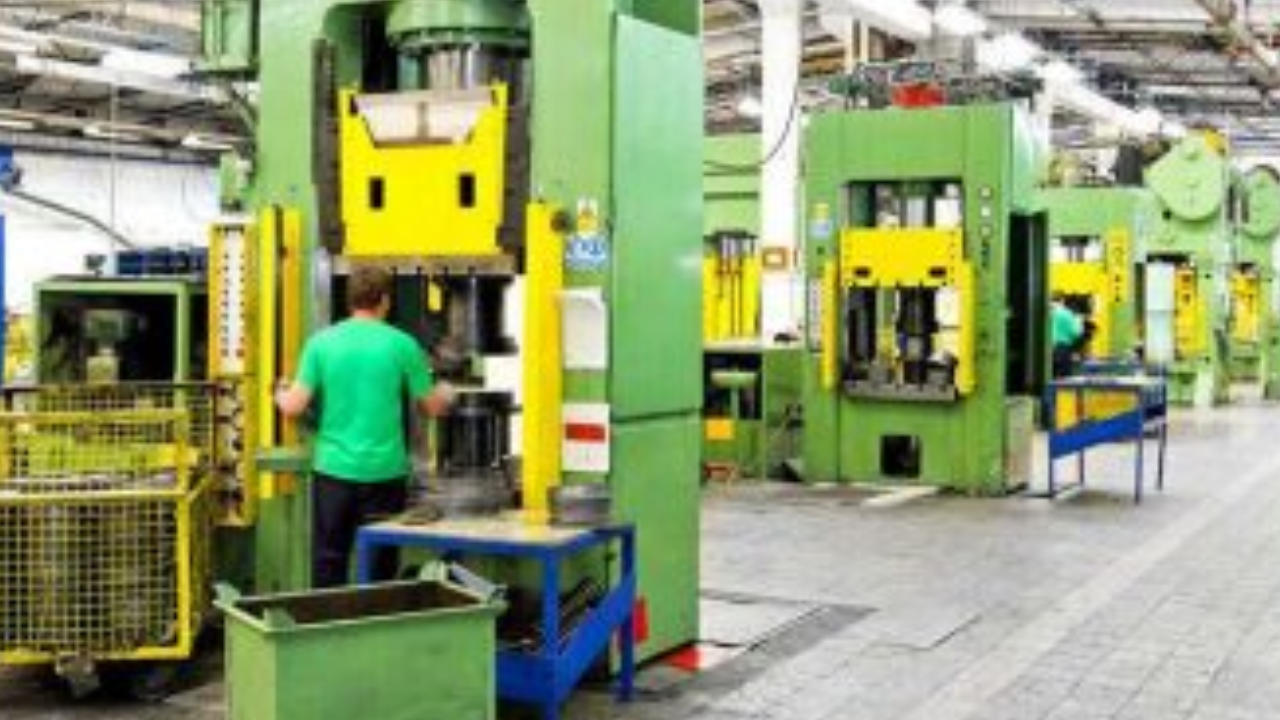
How Do Manufacturers Ensure The Quality Of Forged Parts?
Welcome to CXIN, where, in the dynamic world of forging, craftsmanship meets innovation. We are a leading forging producer committed to delivering excellence in every forged component. Using a history steeped in the skill of shaping metals using heat and force, our dedication to quality and dependability has driven us to the top of the industry.
CXIN forges more than just metal; we forge relationships and trust. Our cutting-edge facilities combine classic forging techniques with cutting-edge technologies, guaranteeing that each component we make is the ideal combination of strength, durability, and precision. Our forging manufacturer is the backbone of industries that require nothing but the best, from aerospace to automotive.
Ensuring Quality in the Production of Forged Parts
In the complex world of manufacturing, the creation of forged parts necessitates precision, strength, and an uncompromising commitment to quality. Forged components, as the backbone of many industries, play a critical role in assuring the integrity and reliability of numerous applications. This article dives into the extensive procedures used by manufacturers to ensure the quality of forged parts, showcasing the tough processes and innovative technology that contribute to forging excellence.
Materials Selection and Verification
Quality in forging begins with careful material selection. When obtaining raw materials, manufacturers adhere to strict criteria, ensuring that they fulfill the needed specifications for composition, purity, and quality. Advanced testing technologies, such as spectroscopic and ultrasonic examinations, are used to ensure the integrity of materials before they are forged.
Precision Forging Techniques
The forging process itself is an important aspect of establishing the end product’s quality. Precision forging processes, such as closed-die forging and open-die forging, enable producers to shape materials with unrivaled accuracy. The regulated application of heat and stress during forging ensures the necessary mechanical qualities, such as strength, toughness, and dimensional precision.
Heat Treatment for Optimal Properties
Heat treatment after forging is critical in refining the microstructure of forged objects. Controlled heating and cooling operations improve the mechanical properties of the material, increasing its hardness, toughness, and overall performance. Heat treatment also reduces internal stresses caused during forging, extending the life and durability of the produced components.
Advanced Testing and Inspection
Manufacturers use a variety of modern testing and inspection procedures to inspect forged parts for flaws. Non-destructive testing methods, such as ultrasonic testing, magnetic particle inspection, and X-ray scanning, are used to uncover internal faults without jeopardizing the components’ integrity. Dimensional and surface quality examinations verify that the forged pieces meet the exact requirements.
Quality Management Systems
Implementing strong quality management systems, which are frequently aligned with international standards like ISO 9001, is critical to ensuring uniformity and traceability in the forging process. Documentation, process controls, and continuous improvement programs are all part of these systems, which ensure that every stage of manufacturing adheres to the highest quality standards.
Forging Simulation and Modeling
Manufacturers use forging simulation and modeling software to forecast and optimize the forging process in their pursuit of perfection. Engineers can use these technologies to virtually mimic the entire process, anticipate potential flaws, and fine-tune settings for optimal results. Manufacturers can improve the efficiency and quality of the forging process by embracing new technologies.
In-Process Monitoring and Control
Monitoring the forging process in real-time is crucial for detecting and correcting deviations from the specified specifications. Sensors and feedback mechanisms are used in in-process control systems to ensure that each forged part receives the intended treatment, ensuring uniformity and quality throughout production.
Certifications and Compliance
Manufacturers frequently seek certification from industry-specific organizations to demonstrate their dedication to quality. External validation of adherence to stringent quality requirements is provided by certifications such as AS9100 for aerospace applications. Compliance with these certifications gives consumers confidence and assures that forged components meet the severe standards of the applications for which they are intended.
Sum Up
The pursuit of perfection in quality in the field of forging is a journey that spans every aspect of the manufacturing process. Manufacturers leave no stone unturned in assuring the integrity and reliability of forged parts, from the meticulous selection of materials to the precision of forging procedures. As industries expand, the dedication to quality stays unwavering, cementing forged components as reliable cornerstones in the complex environment of modern engineering.

